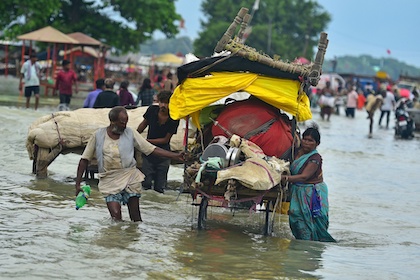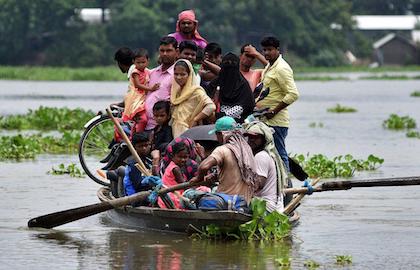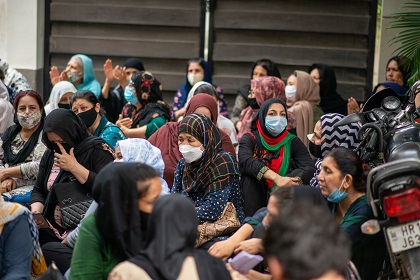Breaking the conflict vs. climate dichotomy
Two climate and environment conferences in December 2023, one with global attention in Dubai and the other with a hyper-local focus in the Eastern Himalayas, highlighted the need for a more nuanced conversation on climate and forced population displacement. They both point to a need for a multi-factored model in the analytical approach to forced migration.




